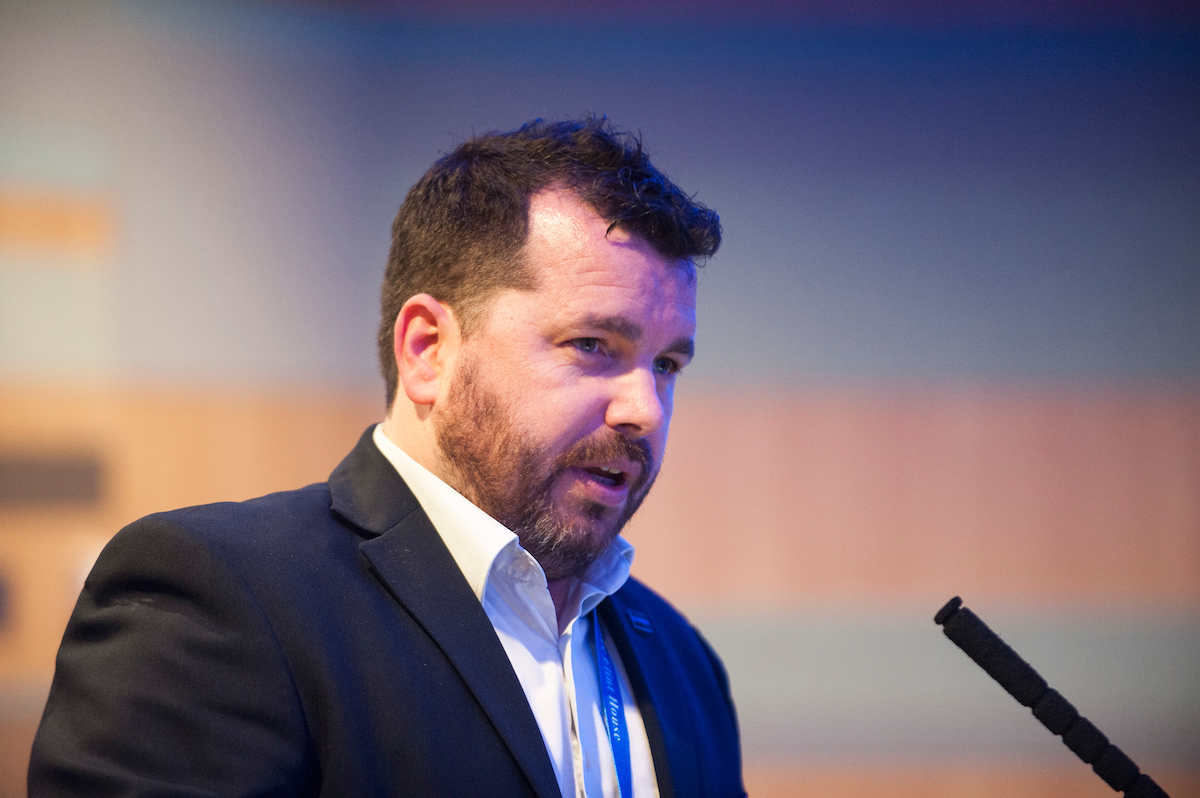Policing Cuts are “damaging ability to tackle terrorism”
CUTS have decimated neighbourhood policing and fundamentally undermined the service’s efforts to combat terrorism.
That was the message to a breakout session at the Police Federation of England and Wales’ Annual Conference discussing how best to protect communities from the threat of terrorism.
Simon Kempton, the PFEW’s operational policing lead, said there was a clear link between neighbourhood policing and the service’s counter-terrorism strategy.
He told delegates: “Where there are strong community links between police and communities we are more likely to be able to dealt with terrorism.
“We must reverse the cuts to policing and rebuild our safer neighbourhood teams. Cuts to policing have decimated neighbourhood policing across the country and have fundamentally undermined our efforts to combat terrorism.
“Cuts to neighbourhood policing are a legitimate national security issue and one that the Government must reverse.”
His comments were echoed by Leicestershire Chief Constable Simon Cole, who is the National Police Chiefs’ Council’s lead for local policing.
He said cuts to police numbers since 2010 mean there are 33 million fewer deployable police hours per year – assuming officers are able to take their annual leave entitlement and have adequate rest days.
CC Cole said: “The reduction in neighbourhood policing has affected our ability to tackle terrorism. Police are part of the community and should be visible in communities – policing needs boots on the ground to tackle terrorism.”
Labour MP Jack Dromey – speaking to the conference via video – said that neighbourhood policing was vital in the fight against terrorism.
“The hollowing out of neighbourhood policing puts the counter-terrorism strategy at risk. The Government has got to think again.
“The first duty of the government is to ensure he safety of its citizens. If we want to defeat terrorism it is policing that is key.”

